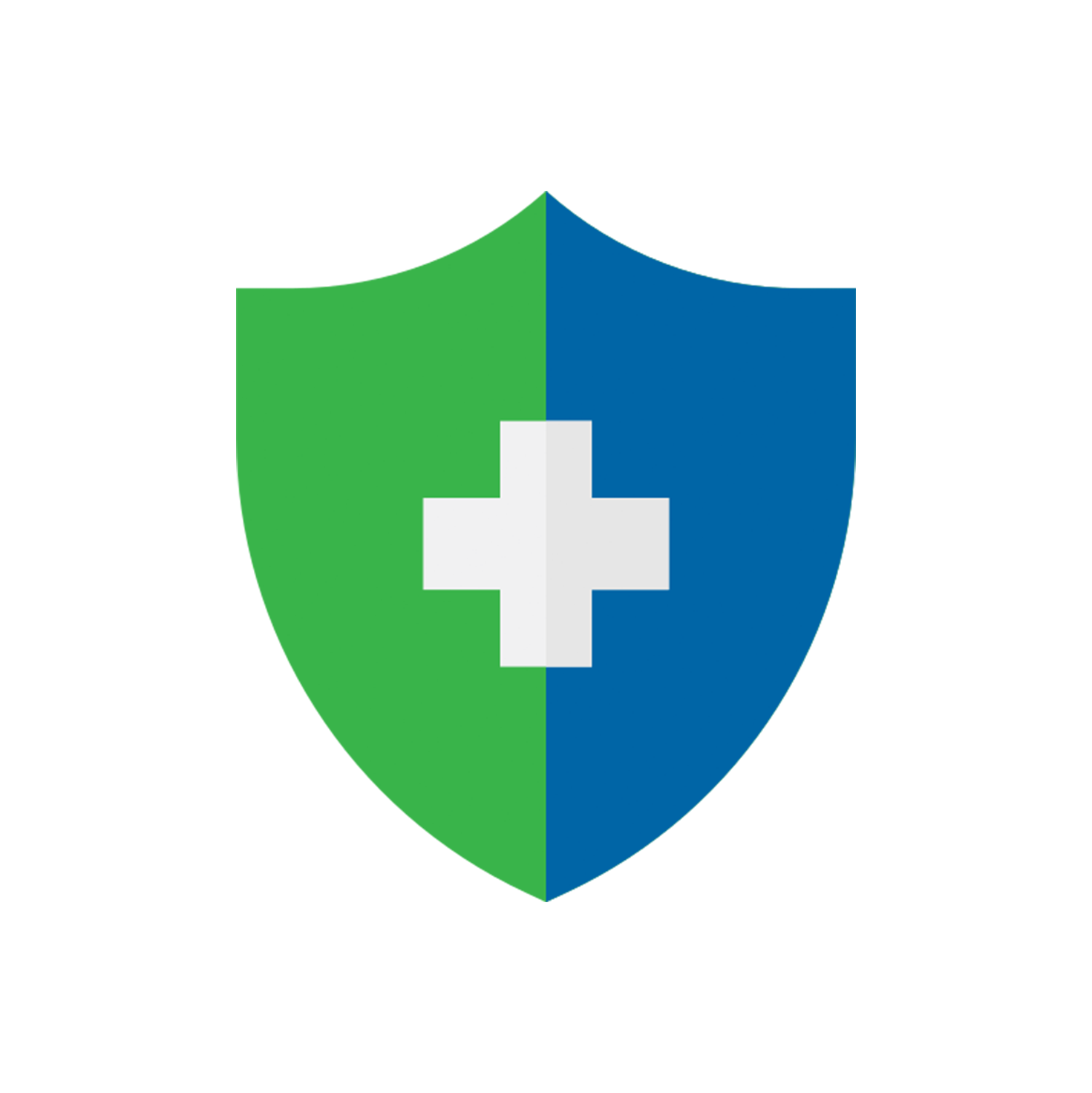Many of us cannot survive a work day without a caffeine fix. As much as we love coffee and tea, we do have to make sure we are aware of the nutritional information associated with what we drink every day. Let’s find out which beverage is better for your health.
1. Feeling alert
Coffee and tea are the most natural source of caffeine. A mild dosage of caffeine can boost energy, concentration and live up to claims of heart protection. To many’s surprises, studies show that if you dose up on tea made to the equivalent strength as coffee, it is actually more effective at sharpening the mind.1
2. Sleep quality
Tea tends to trigger calmer physiological responses with its lower caffeine content per cup. A sachet of tea would usually be made into multiple cups sharing the same amount of caffeine. In contrast, when coffee lovers consume more than one cup, the caffeine multiplies. And consuming more than its recommended intake makes coffee drinkers harder to fall asleep.1 Therefore, it is recommended to ask for decaf choices.
3. Calories intake
Coffee can be more addictive because of the milk and sugar content we tend to add to it, adding extra calories to our daily intake. On the other hand, as we are used to consuming plain tea in Hong Kong, tea drinkers do not need to worry about additional calories. Milk tea, of course, is another story.
Considering the effects of the two, there is no clear victor as long as they are consumed in moderation. So feel free to take your pick and enjoy the natural benefits that come with it.
Sources
- http://www.bbc.com/future/story/20160115-tea-vs-coffee-which-drink-is-better-for-you, visited 21 February 2018.
© Cigna Healthcare 2023
Information provided in this article is intended for health and fitness purposes only and is not intended for use in the diagnosis of disease or other conditions, or in the cure, mitigation, treatment or prevention of disease (see Terms & Conditions for details). Any health-related information found in this article is available only for your interest and should not be treated as medical advice. Users should seek any medical advice from a physician, especially before self-diagnosing any ailment or embarking on any new lifestyle or exercise regime. Any information contained in this article may not be suitable, accurate, complete or reliable. Cigna Healthcare accepts no responsibility for the content or accuracy of information contained on external websites or resources, or for the security and safety of using them. "Cigna Healthcare" and the "Tree of Life" logo are registered trademarks of Cigna Intellectual Property, Inc. in the United States and elsewhere, licensed for use. All products and services are provided by or through operating subsidiaries, and not by The Cigna Group.





